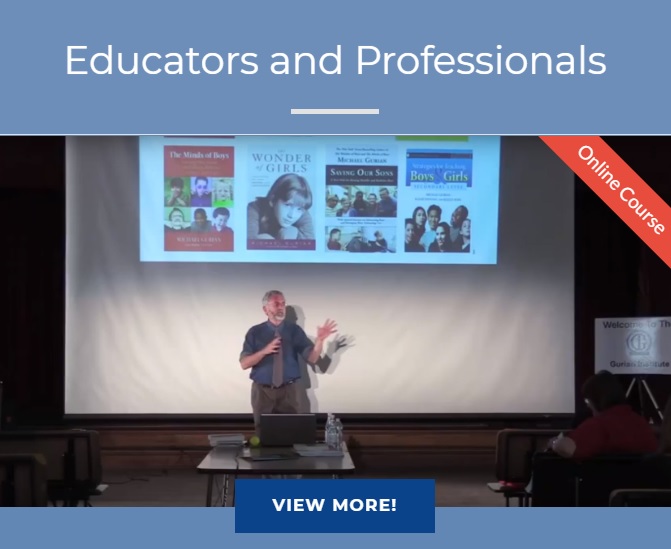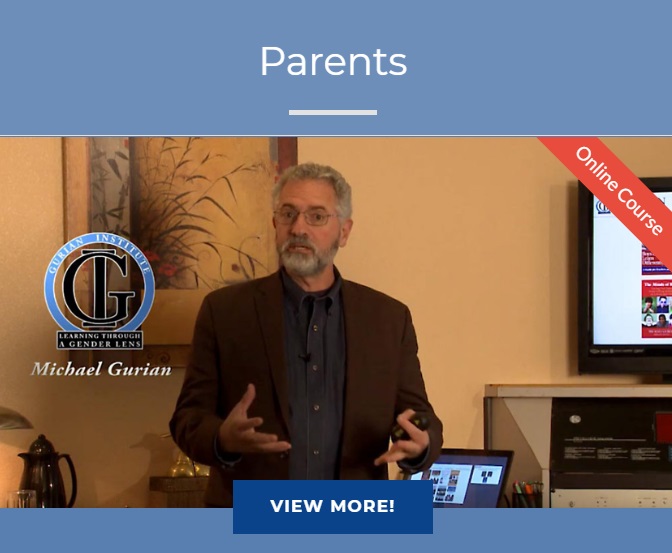It doesn’t matter where I am working–from Houston to Nashville, San Antonio to Bel-Air, Bloomfield Hills to Chandler–everyone is wondering the same things.
“How do I get my kids off their devices?”
“Why would she say something like that online?”
“Why is she posting 34 duck faced selfies?”
“Why does he act so poorly after playing his video games?”
Twelve years ago, when smartphones rolled out, I set out to understand what the rage was, what was the draw, and how to manage it all. As a teacher and school administrator, I needed to understand all the technologies to remain relevant and current. As my own children grow up, my passion for research on digital technology only increases.
Now, as I travel the country to speak on this topic and host trainings in my local Arizona communities, digital research is growing, especially from a brain-based viewpoint, and none too soon as kids head back to school this month and next. Now is a great time for parents and educators to reset, reboot, and realign expectations. In our Gurian Institute trainings, we provide educators and parents with simple and actionable steps. Here are a few nuggets that can move the needle in your quest to help your children safely use digital technologies this year.
Be in the Know
If it is on their device, it should be on yours You can use mechanisms like Family Share Approval from your carrier to approve app downloads and purchases as well as allow each child their own Apple ID and password so you can monitor their every move. Without these mechanisms, there is no way to truly know what kids are doing online and within the apps and messaging services.
Simple apps like OurPact, Circle By Disney, and ScreenTime allow you to monitor and filter content and restrict by the hour which child can access what.
Websites like safesmartsocial.com and Commonsensemedia.org allow you to keep up with the latest and greatest apps.
You can also easily turn off your kids’ online access and router to your home remotely–for instance, from your date night at a restaurant.
Talk Weekly with your Children about Their Social Media Platforms
Have a “tech talk Tuesday dinner” where everyone shares something brave, kind, crazy, disrespectful from their news feeds. This allows you and your family to discuss your family’s values and guiding principles. When the use of a platform or technology does not align with your family’s guiding principles, changes can be made.
Raising digi-kids is not for the faint of heart. It starts with adults teaching and modeling good digital behavior. This may mean you must unplug, too, during dinner and on other occasions so that family time remains sacred.
Central Charging Station
Unplug your family and children at a reasonable hour.
Research shows our children are often not getting good sleep due to their cumulative time on devices. Many kids sleep with devices under their pillow. This addiction to a blue light device has drastic consequences on their brain development, mood regulation and cognitive ability the next day.
The central charging station should notbe in a child’s bedroom. If it is in yours, it should be away from your head. Phones and devices should be in the OFF position.
Good sleep=healthy kids.
Control the Controllable
As children meander the uncharted waters of tween and teen-hood, parents are forced to monitor and supervise social media platforms andtake control of gaming. It is rarely a good thing for a child’s brain to play an hour of video games on a school night. You can control video game use because you own everything in the home.
You can also control when to give a child a phone. At the Gurian Institute, we suggest 13 or 14 as the appropriate age for a smart phone. Bill Gates gave his children their phones at 14. These ages are better for cell phone use than any earlier period.
Remember, underdeveloped brains are double agents: they can pretend to be okay when they are really in distress, so above all else, be vigilant. The attached article is one family’s story of how easy it was to miss the mark.
If you would like to host or sponsor a morning coffee-and-learn or evening parent night on digital life, please contact us. Together we can make a difference.










